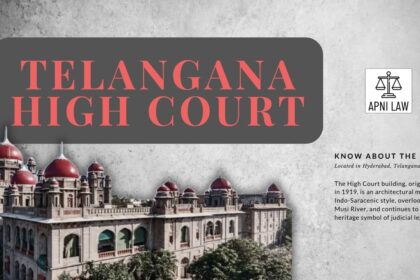Code
(1) When the accused is sentenced to imprisonment, a copy of the judgment shall, immediately after the pronouncement of the judgment, be given to him free of cost.
(2) On the application of the accused, a certified copy of the judgment, or when he so desires, a translation in his own language if practicable or in the language of the Court, shall be given to him without delay, and such copy shall, in every case where the judgment is appealable by the accused, be given free of cost:
Provided that where a sentence of death is passed or confirmed by the High Court, a certified copy of the judgment shall be immediately given to the accused free of cost whether or not he applies for the same.
(3) The provisions of sub-section (2) shall apply in relation to an order under section 117 as they apply in relation to a judgment which is appealable by the accused.
(4) When the accused is sentenced to death by any Court and an appeal lies from such judgment as of right, the Court shall inform him of the period within which, if he wishes to appeal, his appeal should be preferred.
(5) Save as otherwise provided in sub-section (2), any person affected by a judgment or order passed by a Criminal Court shall, on an application made in this behalf and on payment of the prescribed charges, be given a copy of such judgment or order or of any deposition or other part of the record:
Provided that the Court may, if it thinks fit for some special reason, give it to him free of cost.
(6) The High Court may, by rules, provide for the grant of copies of any judgment or order of a Criminal Court to any person who is not affected by a judgment or order, on payment, by such person, of such fees, and subject to such conditions, as the High Court may, by such rules, provide.
STATE AMENDMENT
Karnataka
Amendment of section 363.—In section 363 of the Code of Criminal Procedure, 1973 (Central Act of 1974), after the proviso to sub-section (5), the following proviso shall be inserted, namely:–
“Provided further that the State shall, on an application made in this behalf by the Prosecuting Officer be given, free of cost, a certified copy of such judgement, order, deposition or record with the prescribed endorsement”.
[Vide Karnataka Act 19 of 1985, s. 2.]
Explain it
This section mandates that once a judgment is delivered in a criminal case, the court must provide a copy of the judgment to:
- The accused person
- The prosecution
- Any other person who has been made a party to the proceedings
The court must ensure that the copy of the judgment is provided within a reasonable time after the delivery of the judgment. The section emphasizes the importance of transparency and fairness in the criminal justice system by providing all stakeholders with access to the final outcome of the case.
Illustrate it
Imagine a case where ‘X’ is accused of theft. After the trial, the court delivers a judgment finding ‘X’ guilty and sentencing him to imprisonment. In this case, under Section 363 CrPC, the court would be obligated to provide a copy of the judgment to:
- X, the accused
- The prosecution, who represented the state in the case
Common Questions and Answers
Q: What if the accused is unable to afford the cost of the copy?
A: Section 363 allows the court to provide a copy of the judgment free of cost if the accused is unable to afford it.
Q: Can the accused be denied a copy of the judgment?
A: Generally, no. The accused has a right to a copy of the judgment. However, in exceptional circumstances, if the court deems it necessary for reasons of security or public order, it can withhold the copy for a limited period.
Q: How can a person appeal a judgment if they don’t have a copy?
A: Access to a copy of the judgment is crucial for filing an appeal. The court should provide a copy to the accused to enable them to exercise their right to appeal.





